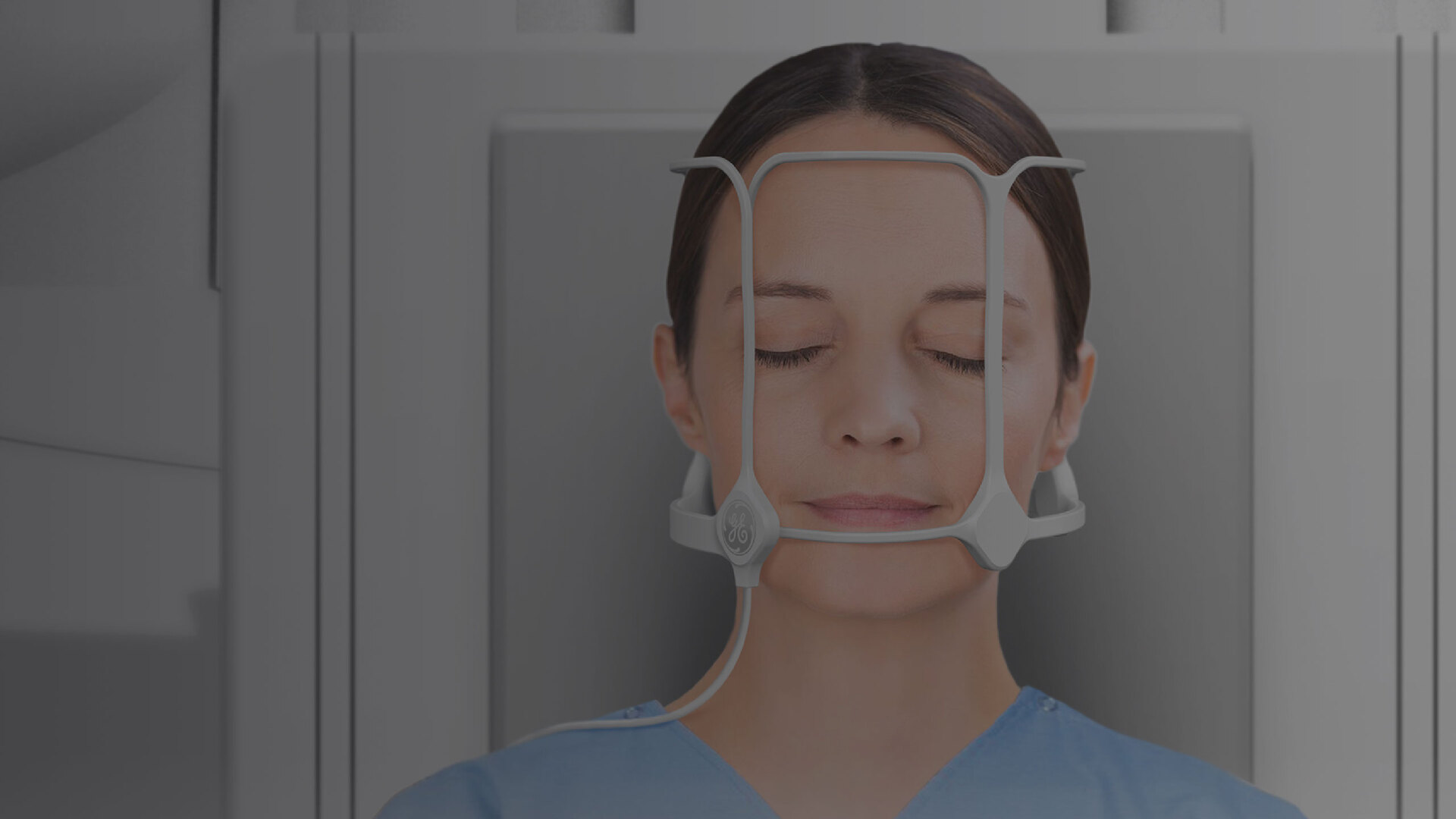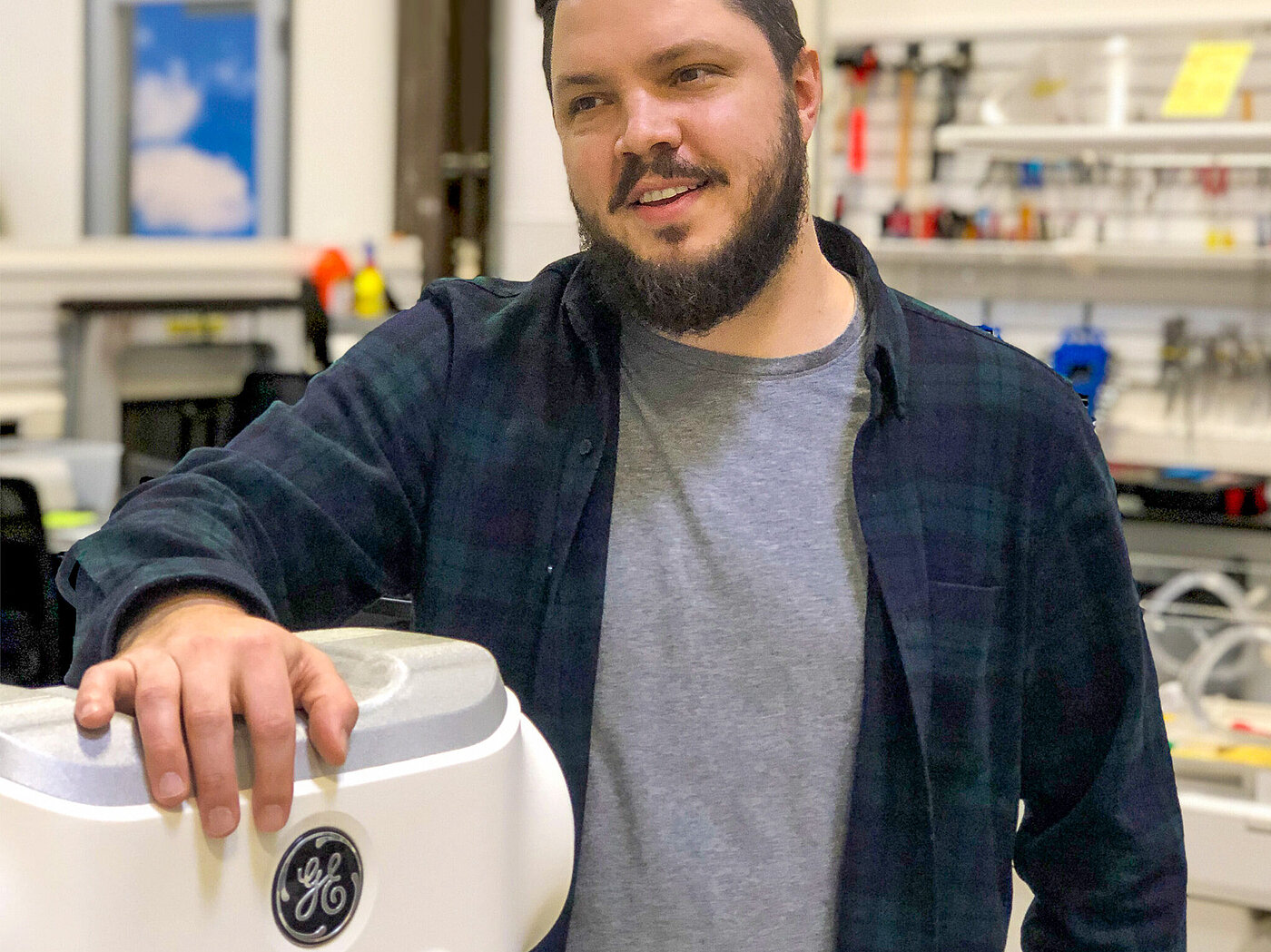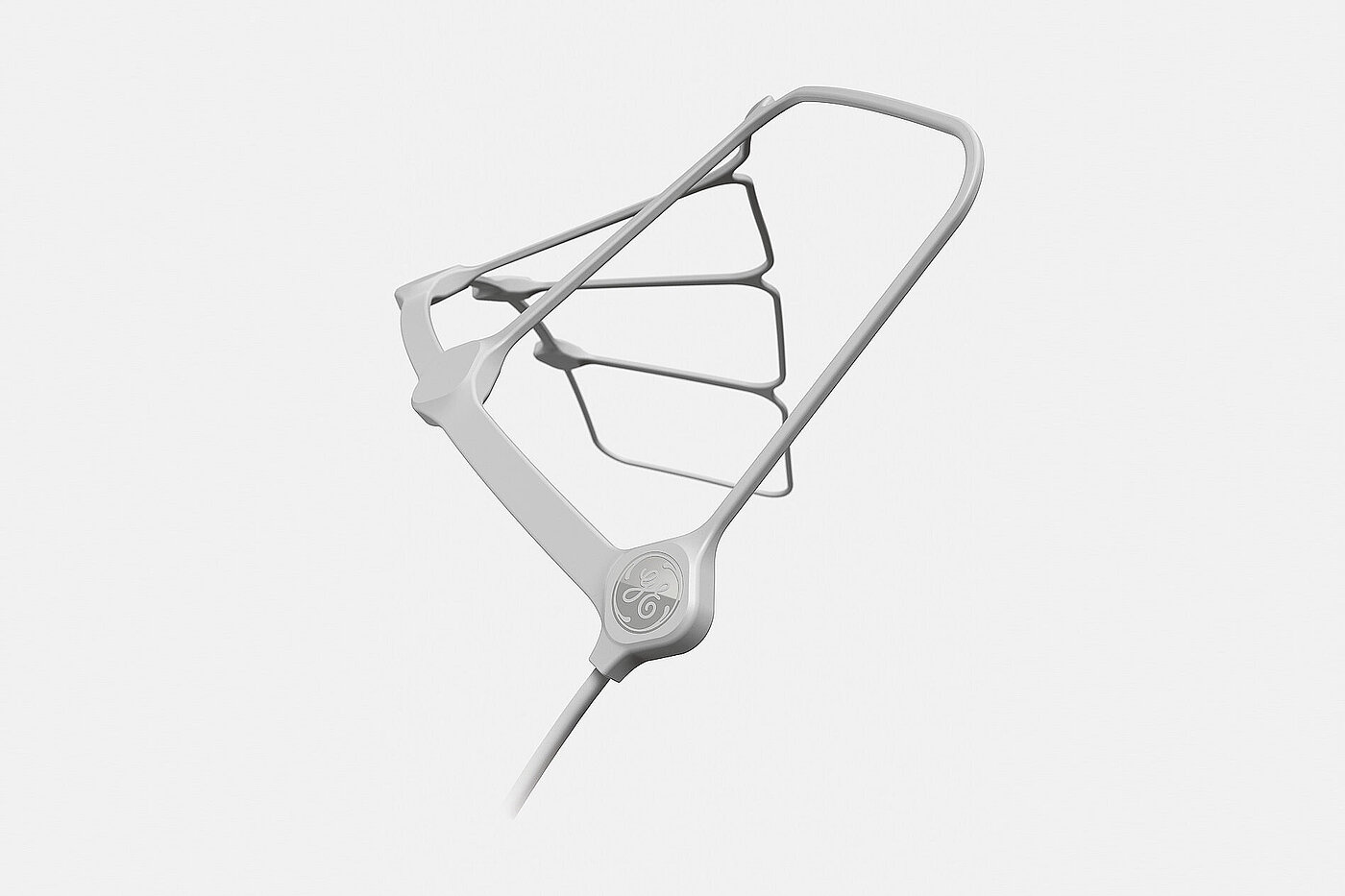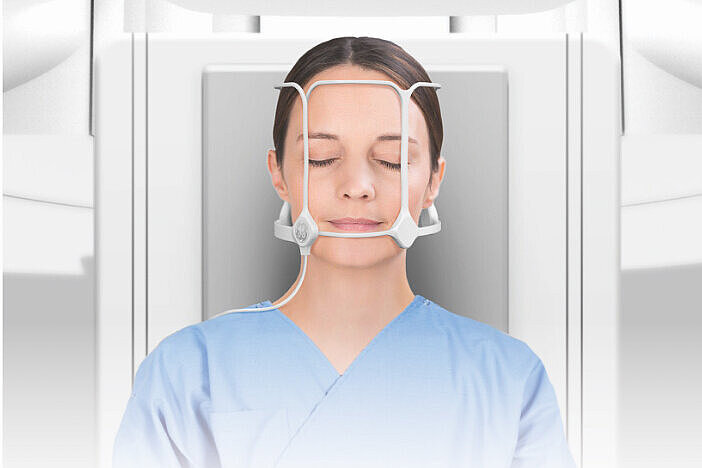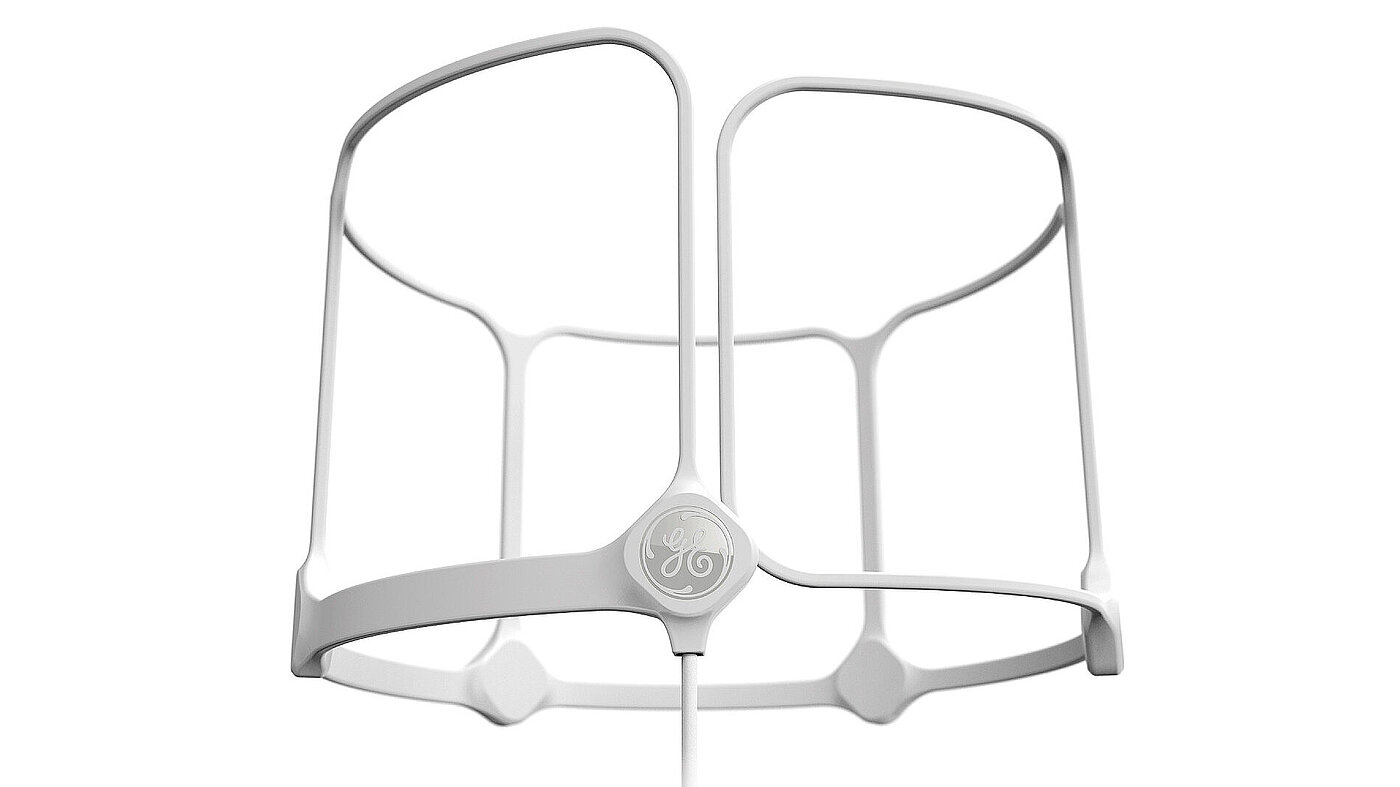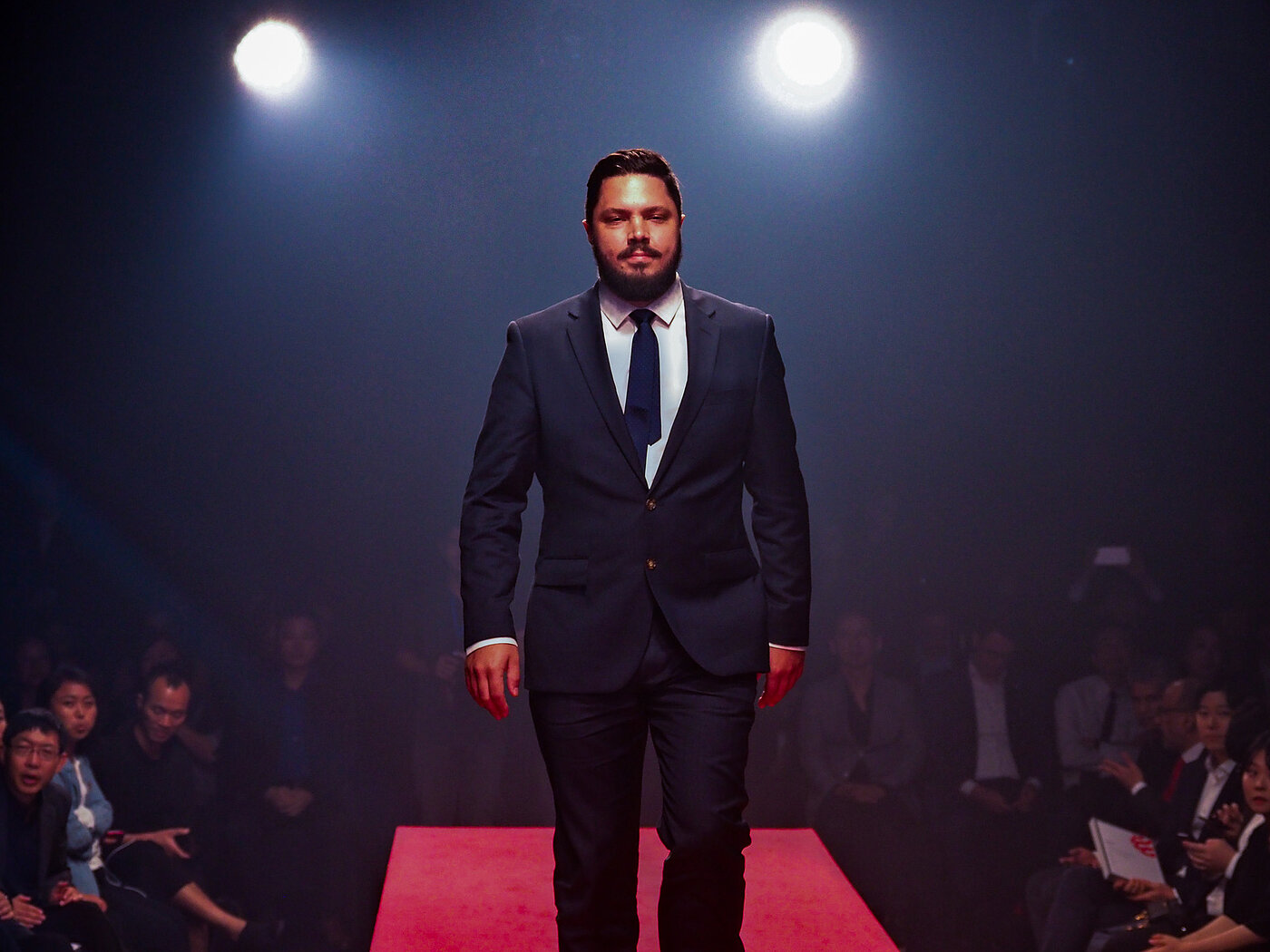Joseph Burge shares more on his approach to design.
Joseph Burge is the Lead Industrial Designer at GE Healthcare. He is the lead ID resource on cross functional teams working on the development of new products as well as future concepts. His designs are user centered and focused on usability, ergonomics, workflow, and overall user experience.
He has been working as an industrial designer for 6 years and have always had a love for design. He discovered Industrial Design when he was in college majoring in Art and Anthropology. Industrial Design was a perfect combination of his artist skill set, mechanical aptitude, and his studies.
Joseph Burge shares more on his approach to design.
What comes to you first: business or customer?
I think it should always start with the customer. Design and push for what you believe is the ideal product for your end user and then work with your team to figure out how that can be accomplished in a way that it will be successful for the business as well.
How would you describe your design research?
I try to get out into the field as often as I can to observe and talk with the people who use and interact with our products every day. This usually means shadowing a healthcare professional in a hospital with one of our machines (CT, MRI, X-Ray, Ultrasound, etc.) so we can get not only their feedback, but patient feedback as well. However, due to the private nature of some clinical procedures our products are used in, it can be very difficult to gain access for product research. To get around this, we will simulate a clinical procedure with a medical professional and a volunteer “patient” in one of our usability labs. These mock procedures are particularly good for testing prototypes that we would not otherwise be able to take into a hospital and interact with a real patient. Our findings are then synthesized and mapped using various methods to help us discover new opportunities.
How do you know if a product is well designed?
In the healthcare space, there are several factors to take into account like cleanability, durability, patient perception (i.e. not complex and scary looking), among others. In general though, I think all well designed products need to work reliably, be simple and intuitive to operate, and contain seamlessly integrated features that anticipate use and misuse in a way that the user may not even be aware. Of course, it should be attractive as well.
Have you personally benefitted from preparing for a major project?
There is always something to personally gain from every project large or small; it’s called experience. The experience you gain from each project not only makes you a better designer and a more valuable employee, but it can be applied to other areas of your life.
What is your biggest design career moment?
One of my best moments was the excitement of seeing a product I designed in the store for the first time. I remember hanging around in the aisle, pretending to be just another shopper, waiting for someone to pick it up off the shelf or say something about it. But the biggest moment was coming to GE Healthcare and getting the opportunity to design very important products that truly impact, and even save, people’s lives.
Design school never ends, at least for great designers. How do you learn and grow your knowledge and expertise?
Expertise comes with experience. I gain knowledge with the successes and failures that come with every project that I work on and that knowledge can be applied to the next project. I can also learn from the amazing designers I work with. In addition to our USA studio, GE Healthcare has designers in France, India, and China and we meet regularly to share projects and studio practice techniques; this a great way to gain the collective knowledge of designers with different experiences and perspectives. I also continue learning by taking software training, attending design conferences and workshops, as well as keeping up with design tends and tech in other industries.
If you could describe your corporate culture in three words, what would you say?
Keep Moving Forward
Explore the categories of Red Dot Award: Design Concept 2021.
The Red Dot Award: Design Concept 2021 is open for submissions.
Submission Dates:
- Standard submission: 10 February – 24 March
- Late submission: 25 March – 17 May
For further information, visit: www.red-dot.org/design-concept
Register and submit at dc.red-dot.sg
